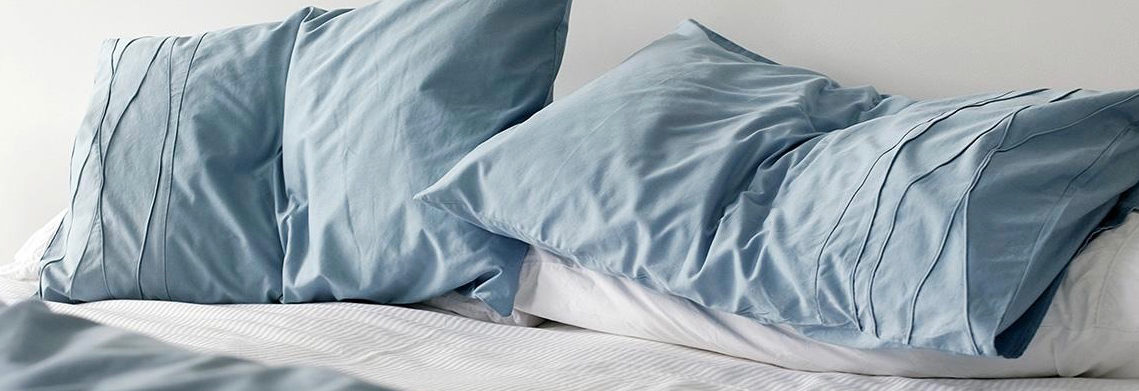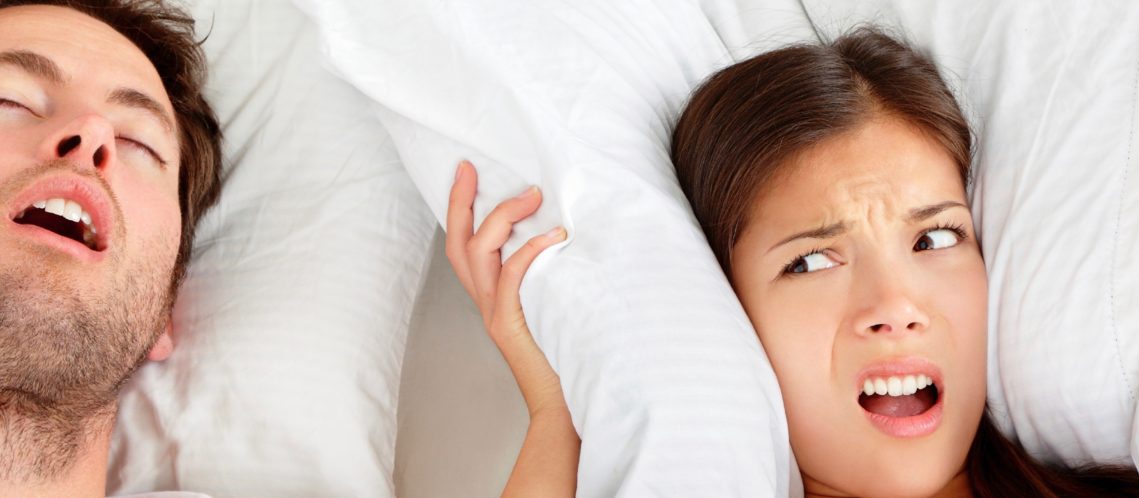The Epworth Sleepiness Scale is used to determine the level of daytime sleepiness. A score of 10 or more is considered sleepy. A score of 18 or more is very sleepy. If you score 10 or more on this test, you should consider whether you are obtaining adequate sleep, need to improve your sleep hygiene and/or need to see a sleep specialist. These issues should be discussed with your medical professional. Use the following scale to choose the most appropriate number for each situation: [CP_CALCULATED_FIELDS id=”6″] [si-contact-form form=’1′]
FIND OUT YOUR SLEEP HEALTH SCORE – You could be at risk




